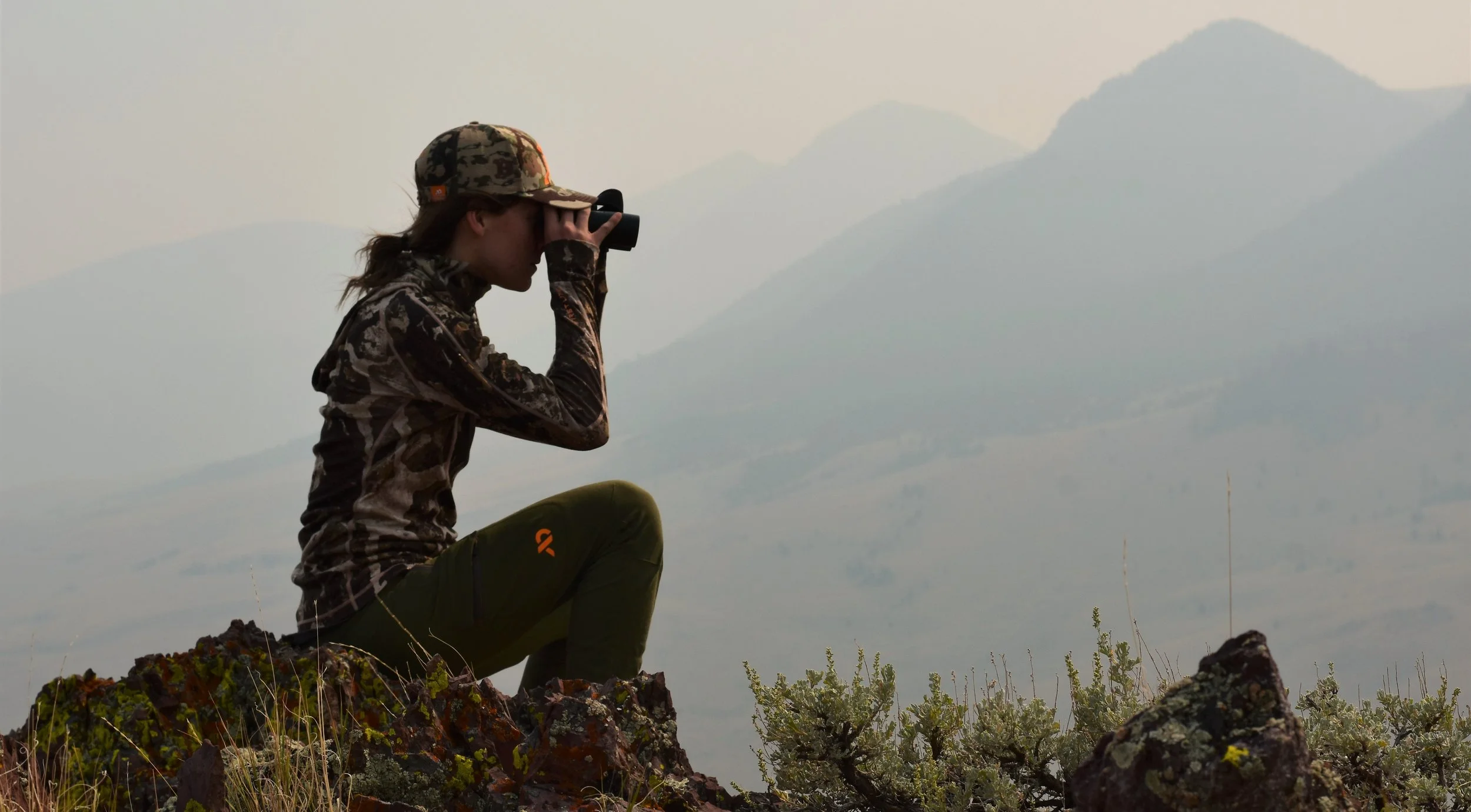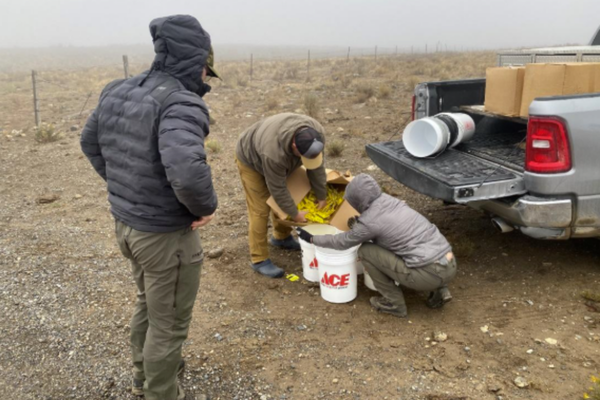Idaho Bill Will Eliminate Posting Private Ground, Then Severely Punish Trespassers
HB 536 places burden of delineating property lines on sportsmen, recreationists.
Representative Judy Boyle’s House Bill 536 is a whopping 15 pager that takes direct aim at those who utilize public lands. As good sportsmen know, it is imperative to know where public lands end and private lands begin. The bill will make that nearly impossible, increasing fines and making a third trespass offense a felony.
Since the 80s, landowners have had to mark their private property with “NO TRESPASSING” signs or orange paint every so often so a passerby would understand that ignoring such signs would mean the risk of a criminal and civil violation. The “Orange Paint Law” was the result of collaboration and consensus among sportsmen, landowners, and agricultural interests as the best way to prevent trespassing. It’s pretty simple: You see a posted tree, behind that tree is private land. You cross that line, you risk jail time, fines, and loss of hunting privileges.
However, HB 536 would make it hard, if not impossible in some situations, to know the exact location of property lines. In her testimony, Rep. Boyle (also Chairman of the House Agriculture Committee) said the Orange Paint Law was outdated, that everyone had GPS these days. Our grandpas might disagree, but there are some other issues with this statement. By the admission of these mapping subscription companies, their property lines can be off by up to 120 feet. Popular recreation areas are often out-service-areas in Idaho where no signal is present. This bill might be creating criminals simply because it will force reliance on faulty technology, which not everyone has access to anyways.
The bill states that any reasonable person will determine that an unmarked fence means the other side is private. In Idaho, there are thousands of miles of fencing across public grounds, which do not delineate private property lines. Eliminating posting requirements will cause undo confusion and worsen relationships among Idahoans. Many landowners for example, have no objection to hunters being on some or all of their property. This bill places the burden on sportsmen to guess as to whether they are on public or private ground and further speculate whether the potential private landowner will come after them with a civil lawsuit or criminal charges for something as innocent as retrieving and dispatching a wounded animal.
But here is probably the most important aspect of this bill- there was no formal invitation to collaborate and formulate a bill to address trespass problems. It’s easy to understand how troublesome trespassing can be for a landowner, which is why an increase in fines isn’t necessarily a bad thing- honest sportsmen will still avoid trespassing, close gates, and respect livestock. Sportsmen are willing to come to the table resolve such issues. But legislation that makes such broad strokes without public input is not the Idaho way of resolving issues.
For these reasons HB 536 needs to go into the drawer. IWF will formally request the formation of a collaborative group to address the problems with trespass in ways that will not eliminate posting private lands and unintentionally create criminals.
But we need your help! Contact your legislator today to ask them to vote no on HB 536 using the form below. Feel free to customize the letter’s language to suit your personal views and experiences




